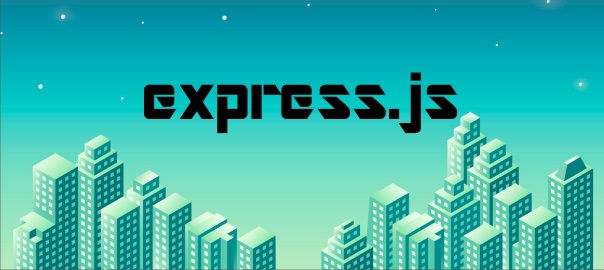Building blocks of Express.js on CodeSchool, notes below… If you’re interested for more in depth tutorial about Node.js and Express, make sure you check out the 2nd tutorial (free, OFC) in a MEAN series I made for HackHands named Delving into Node.js and Express web framework.
Level 1
Install Express with npm:
npm install express
Simples web server which responds with Howdy!
var express = require('express');
var app = express();
app.get('/', function(req, res){
res.json("Howdy!");
});
app.listen(1337); //tcp port btw
Test with curl (-i switch prints the headers):
curl -i http://localhost:1337
Redirecting the requests:
res.redirect(301, '/newLink');
Level 2
Static middleware to serve files from folder public.
app.use(express.static('public'));
app.use(function(req, resp, next){
...some work, when done call Ghost buster, erm, no
next();
});
Level 3
app.get('/blocks', function(request, response) {
//request.query.limit
//if the request was like /api?limit=10
});
app.get('/blocks/:name', function(request, response) {
//request.params.name
});
Level 4
//npm install body-parser
var bodyParser = require('body-parser');
var parseUrlencoded = bodyParser.urlencoded({ extended: false });
//false forces the use of the native querystring Node library
app.post('/api', parseUrlencoded, function(request, response) {
var blocks = { ... };
var newBlock = request.body;
});
Level 5
app.route('/cities')
.get(function (request, response) {
})
.post(parseUrlencoded, function (request, response) {
});
Instead of
app.get('/apiEndpoint', function (request, response) {
});
app.post('/apiEndpoint', parseUrlencoded, function (request, response) {
});
Using the router to put in different file:
var router = express.Router();
router.route('/', router)
.get(function (request, response) {
})
.post(parseUrlencoded, function (request, response) {
});
router.route('/:name', router)
.get(function (request, response) {
})
.delete(function (request, response) {
});
app.use('/cities', router);


